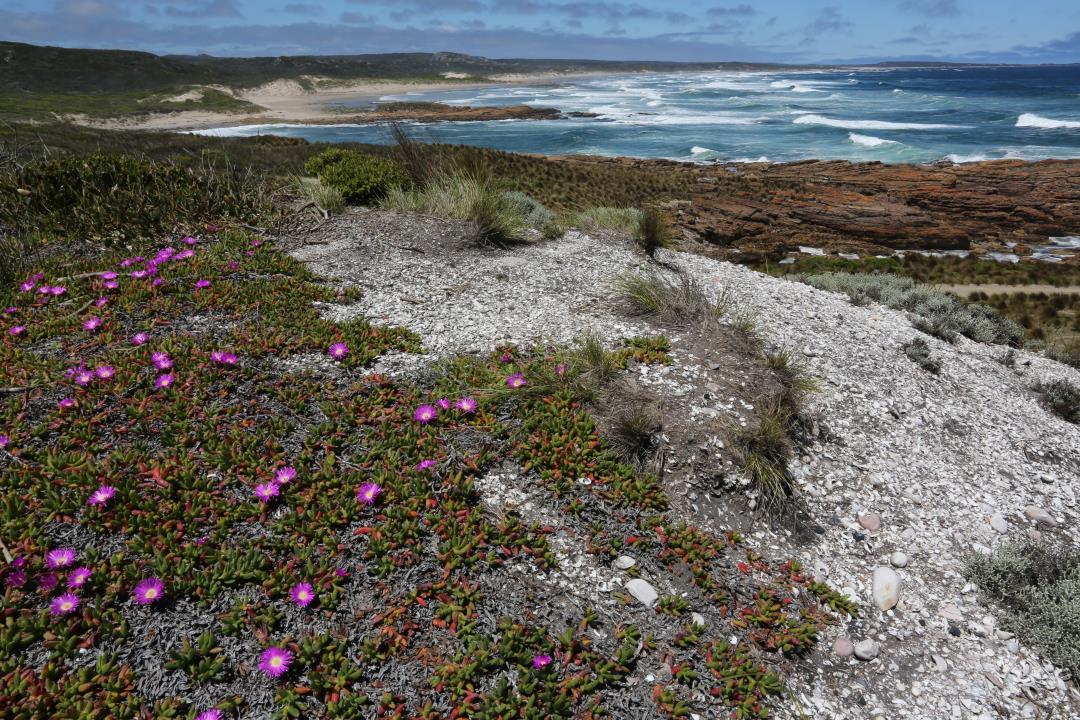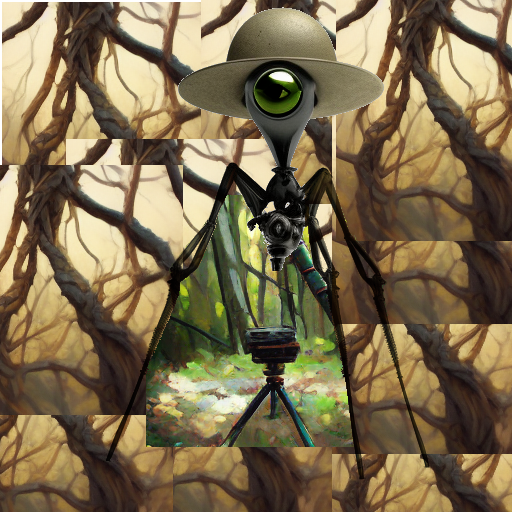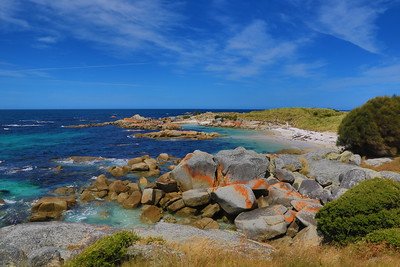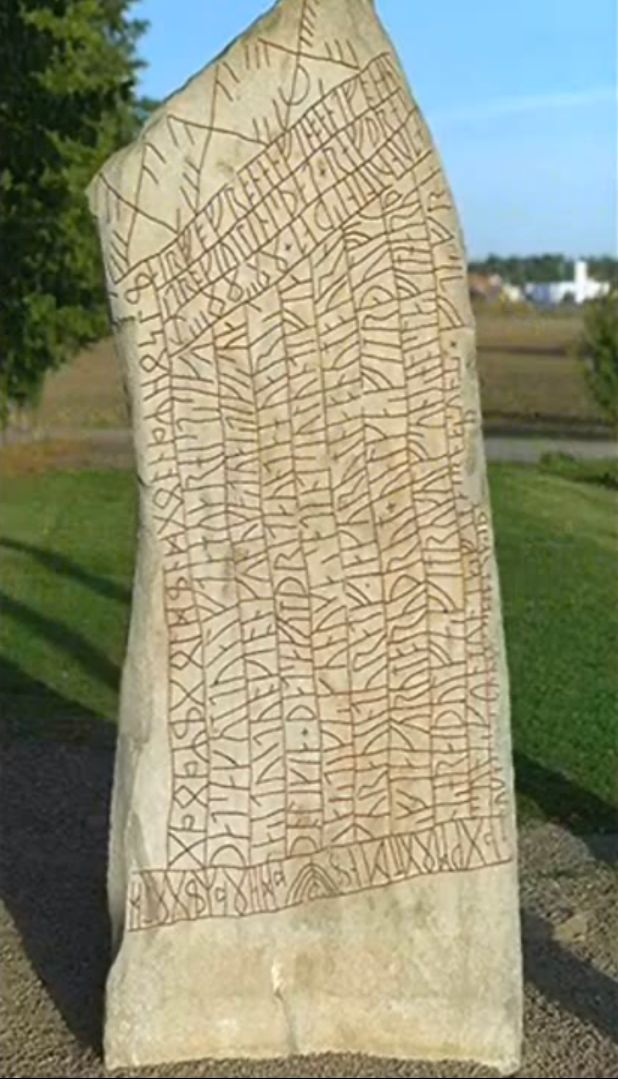
Worldbuilding 101
A large part of my response to the question ¿what is the ethical response to morality? is that we have an moral urge, if not an instinct, to world-build, which in English we can also phrase as as why we should. The details do not matter so much, until we go off worldbuilding ourselves, as much as that we actually should should about something, anything… — it is an inclination to organise things around us, be they objects, tools, meals, meetings, friendships and family… — its more than just an ought.
Generally, we inherit a world with our first breath, and practice that reality, as we should.

© meika loofs samorzewski 2023 (mash-up of AI midjourney images)
Background of worldbuilding
The term worldbuilding arises in relation to fiction written in the twentieth century, especially with regard to the work of J. R. R. Tolkien, who built a whole world in order to supply details for a fancy he had as a philologist and constructor of languages. Basically, entirely consistent unfolding stories were built in an integrated and historic fashion within a cosmology, with very large scale of detail and name. As if, he was an archaeologist uncovering entire civilisations coming and going, along with all of their heroic and homely figures that lived and died and undeaded in steeply fantastic realms.
You can read a comparison between Tolkien and two other 20th century worldbuilders at Worldbuilding, or What Fantasy Fiction Taught Me About Archaeology by Adrián Maldonado.
Tolkien (alongside Frank Herbert for science fiction) is often held up as the most important example of worldbuilding in scope, in dedication, in success and in general influence in the marketplace of culture. Today there are many fans and channellers (PDF).
That is why when I think of world-building I think of Tolkien and high fantasy as the main example. Latterly, worldbuilding is important economically, when franchising merchandise like a balrog and their obstacles (also see examples like Star Wars). And interestingly what passed for fantasy before this worldbuilding technology took over, has now been rediscovered… —where stories takes place in our own world only with a twist, one example is slipstream.)
When I wonder about worldbuilding outside of high fantasy and modern economies I think of my limited experience and exposure to the life lived over millennia on country.
Country is more than a view of landscape, it is a belief system and a worldview. For First Nations people, your identity is totally related to Country, your own Country where your particular clan comes from. We spell it with a capital C because it is not country as with Israel or America — it is not a surface thing, it is not cartographic. We see Country as a personage, as a living being It holds the wisdom and knowledge and all the features are the result of the ancestral beings who have travelled the country and created it. — Boltje, Stephanie (4 October 2023). "and they store knowledge that's critical to survival". ABC News. Retrieved 30 April 2024.
Welcome to country
A Welcome to Country is a ritual or formal ceremony performed as a land acknowledgement at many events held in Australia. It is an event intended to highlight the cultural significance of the surrounding area to the descendants of a particular Aboriginal clan or language group who were recognised as the original human inhabitants of the area. —https://en.wikipedia.org/wiki/Welcome_to_Country

Bay of fires flickr steam © 2012 by Peter Gawthrop
Wukalina walk Adventure from wukalina (Mt William National Park) to larapuna (Bay of Fires) across cultural homelands of the Palawa. Hike through bushland and coastal heathland and along beaches learning about traditional and contemporary practices.

Aboriginal midden, NW Tasmania © Department of Natural Resources and Environment Tasmania
Whose country
I live in Hobart, Tasmania, a place built in recent colonial settlement of world trading origins, built over what is recovered of nipaluna, lutruwita.
It’s possible that modern humans lived and maintained a world for many tens of thousands of years before the Martians arrived. An immense period of time that is easy from the point of view of a human lifetime to be felt to be close to forever. While lutriwita was not hermetically sealed off from the rest of the world forever, the maintenance and survival across several ice-ages and interglacial periods of a continental-scale culture of such success that the lessons to be learned are innumerable and deep.
Why we should is the outcome of one such lesson.
Comparison with the old country
Recently I watched The Rök Runestone (with Dr. Henrik Williams).
It’s an especially famous runestone because it differs from the others. In short, the runestone captures a funeral’s solace, not just in memoriam like the other runestones, but in providing the bigger picture to effort and loss, within the everyday cycle of day and night moving into millennia and myth, and that those lost to us did in fact live their lives fully in the world, where we live on. And they live on in us— in our virtue. The world we take on, in our first breath.

It’s not that they did their part as duty called, although they may have experienced it like that, nor that we merely remember them for it, as we do, but that the world lives on and is worthy of us.
The world, in after-life, in dream, on country, the virtue, the law/lore, the moral order survives us, despite us. Regardless of our careers and success, irrespective of our empires and teamwork.
The world hopes us, that’s why we “build” it.
Life goes on.
City country
Also last night, I have begun reading Alasdair MacIntyre’s Whose Justice? Which Rationality? (Notre Dame, Ind: Univ. of Notre Dame Press, 1988 ISBN 0268019440).
In the preface Alasdair describes himself as an Augustinian christian, which is a worry, but so far I am enjoying rediscovering the discussion of the ancient Greek world where the mythic role of the world itself is not something one builds but one inhabits, in which excellence is how well you live the roles assigned to you… —despite idiosyncrasies you have in your thumos, and despite what the gods instruct, like binary code injected into your heart, or gut, or whatever organ synedoche-ly refers to you/me/us… —each as we are.
Greek thought is not important because it is Western, but because it captures in surviving transcriptions, the moment, when/where we write down… —the pre-Homeric world of oral traditions even as it is lost.
Homer’s epics do so in more detail than a runestone, and does so where/when the world becomes a city, and people/s individuate within a complex (by comparison) economy, a city or two in which people/s inhabit a specialisation in trade and discover themselves, but also fear a singularity of rule. From this time on from when bronze and iron clash, both the empire and the poor are always with us. (Currently Russia best exemplifies the poverty of empire.)
The pre-world before the city and its imperial individual states of mind, before there were rights and responsibilities, the roles assigned are ancient and arrived fully formed as we are born, the world is something then we practice… —despite ourselves, despite blaming the gods. Giving credit where blame is due.
The world is greater than the gods created in our image as teenager-ed superheros, or as some god-king as sole-ruler of empire. Creation never happened. We have always been here. We world-build everyday into the future, that is our role now. This moral urge is also called hope, and hope builds on empathy.
The moral worldbuilding urge does not care about any of the detail, true or false, in that last paragraph. It’s an evolutionary thing, “it” just "cares" that some organisation is happening, not that it is perfect, or rational, or reasonable, or even just/Good.
Something is better than none because none is nothing and nothing is extinction. Something done and wrong can be corrected, learned from, lessoned. At least it is something.
And ‘practice’ does not require belief/faith/individual—attention-intention. It “just” requires survival, and in empathy our children will world on without us while holding us within. Life goes on. Even if we lose the children, we hope. And when we let ourselves go, the sun rises.
That is power, world-building power.
(Belief does nothing except provide excuses for power-seekers.)
In recognition of the deep time of culture on country, lutruwita, and acknowledgement of the Muwinina and Palawa, as peoples worlding a nourishing landscape, even in the little places near nipaluna, near us, for us all.
I'll stick that on the about page.
First posted over at substack May 2023.
